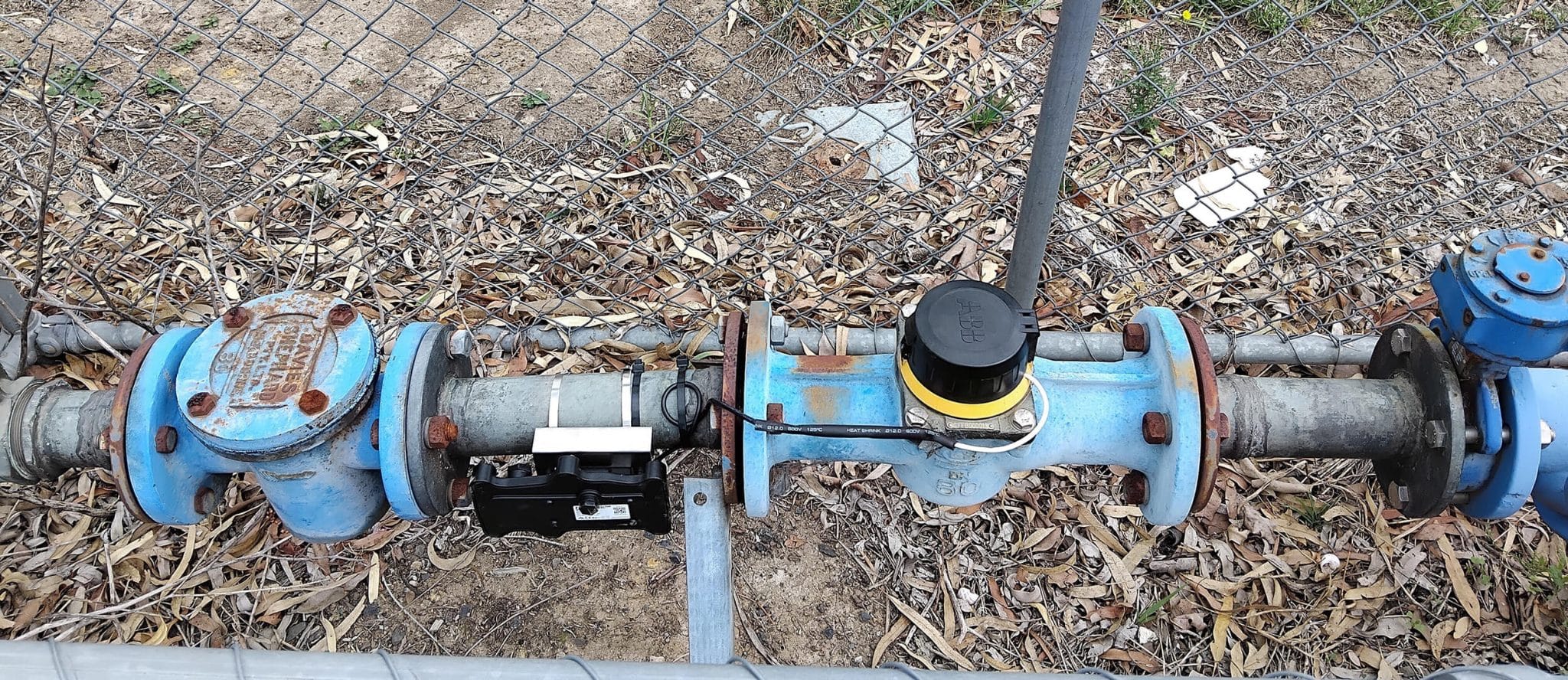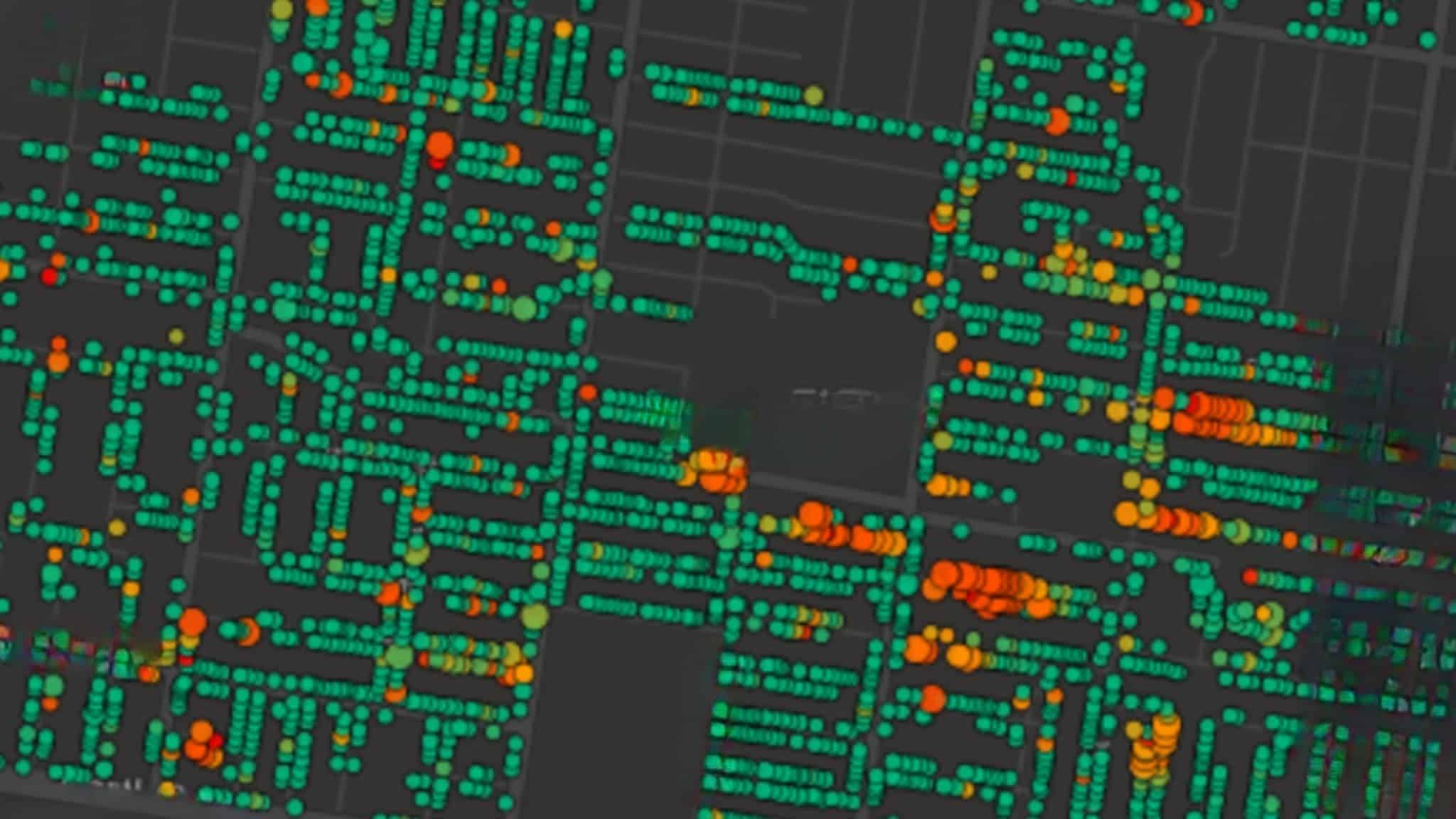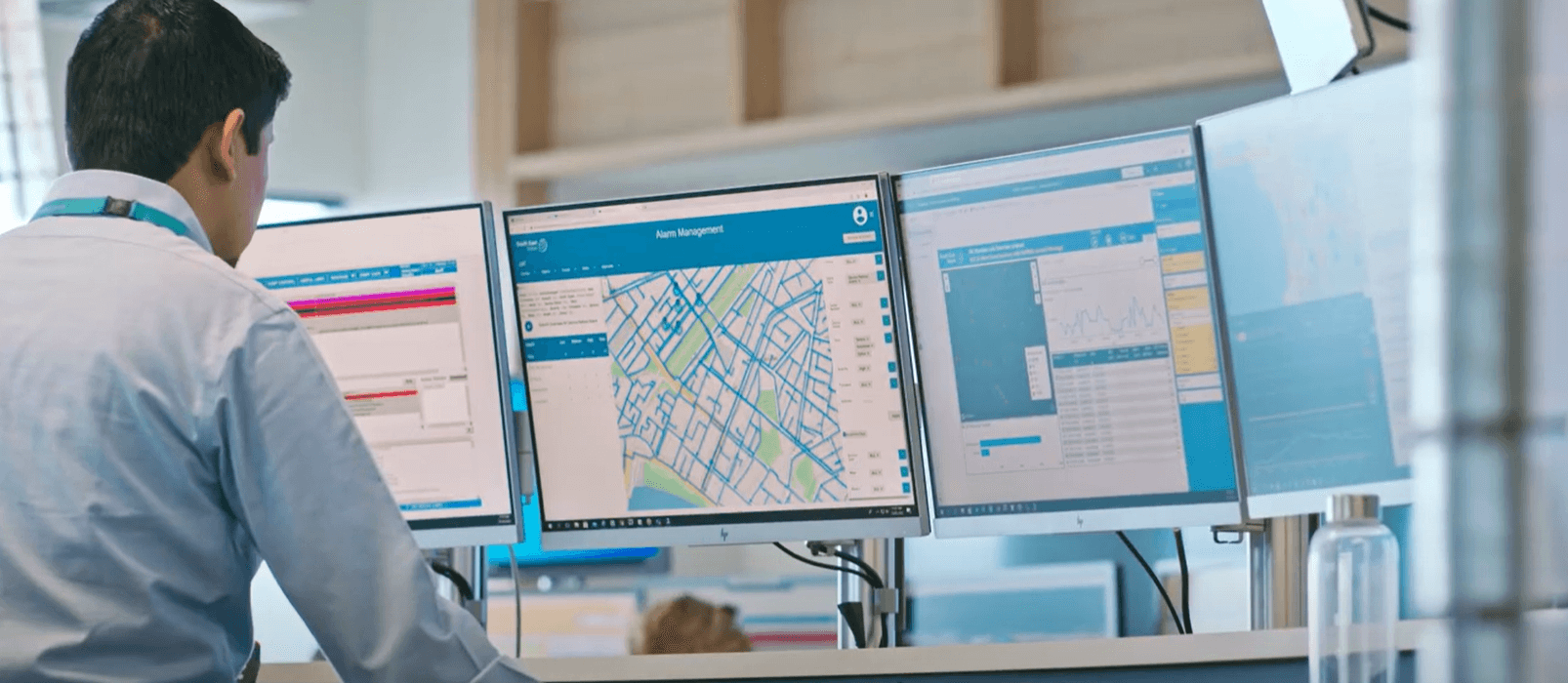A conversation with RMIT, South East Water and Iota on their journey to scale up the technology and considerations for water authorities looking at the business case for pyrolysis among alternatives to land spreading for biosolids management.
Disposing of biosolids is a challenge for water authorities globally. Biosolids, a by-product of wastewater treatment, on a global scale is estimated to reach 100 million tonnes annually.
PYROCO, an innovative technology developed by RMIT, converts biosolids into high-quality biochar, a product with many industrial applications. The technology delivers more sustainable and energy efficient biochar production. South East Water is working with Iota to commercialise this technology.
Join our expert panel to explore why now is the right time for a mindset shift concerning the future of biosolids management, the role of biosolids within the circular economy, why this technology is superior to traditional thermal treatment processes, and the roadmap for South East Water to scale up the technology to a production-scale plant.
The panel will discuss the latest results from the operation of the second pilot plant, the business case for PYROCO, and the commercialisation pathway for this technology in the context of a viable biochar market. Also, the panel will explore what utilities need to start considering today if they wish to explore adoption of a more energy efficient pyrolysis technology that can produce a high value commercial biochar product towards the end of the decade.
Learn how this technology will enable water authorities to build a pyrolysis business case that offers an alternative pathway to traditional land spreading, with a plant that destroys PFAS and contributes to the achievement of net zero emissions targets.


